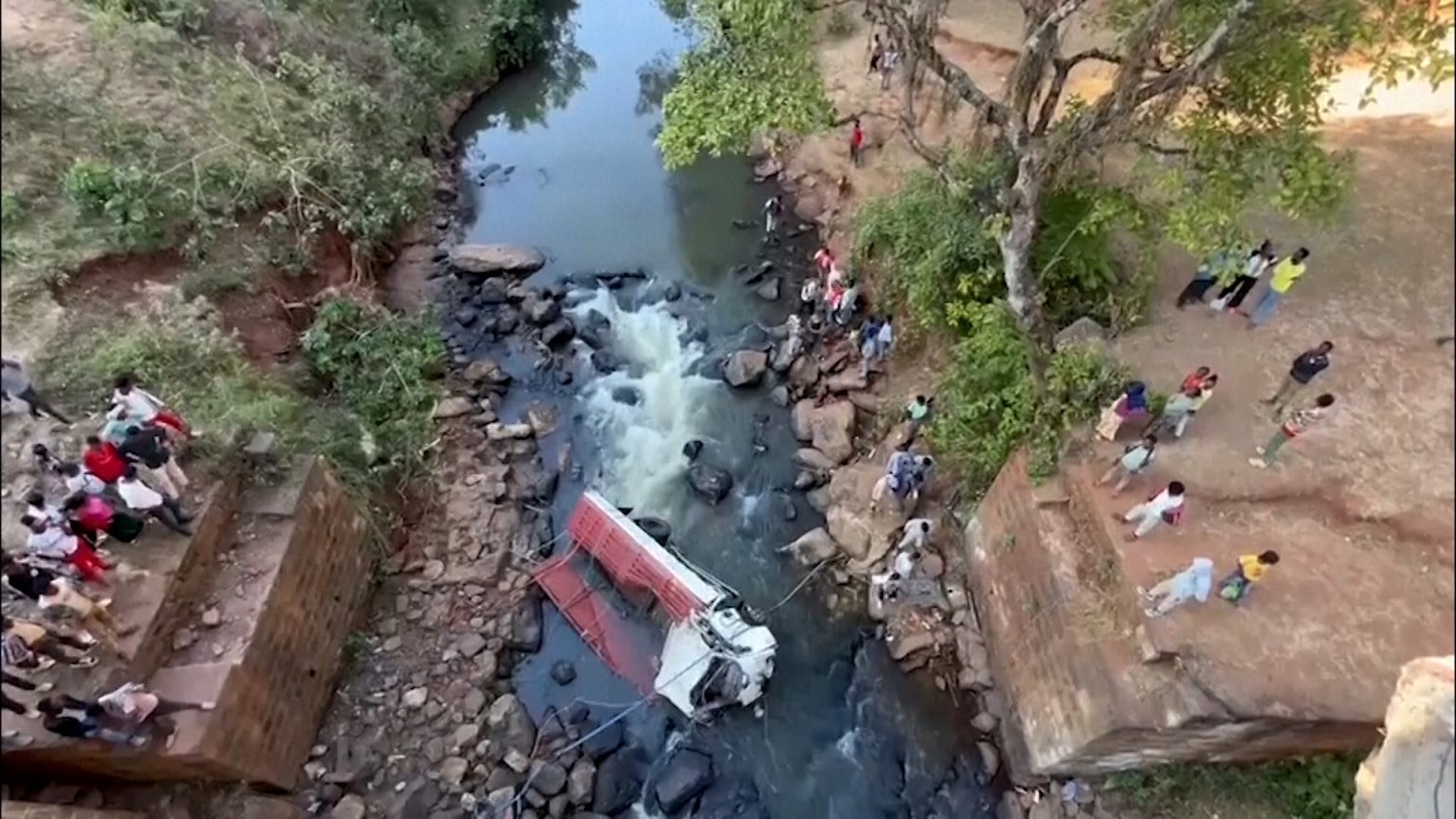The devastating crash of a truck carrying wedding party guests in Ethiopia, claiming the lives of over 70 individuals, stands as a grim reminder of the fragility of life and the devastating consequences of road accidents. The incident, which occurred as the vehicle was reportedly speeding towards a bridge before plunging into a river below, has cast a pall over what should have been a joyous occasion, leaving families and communities grappling with profound grief and loss. The scale of the tragedy underscores the urgent need for enhanced road safety measures, particularly in regions where inadequate infrastructure and unsafe driving practices contribute to a high incidence of such accidents.
The details surrounding the accident remain under investigation, but preliminary reports suggest that excessive speed may have been a significant contributing factor. The truck, overloaded with passengers celebrating the union of a couple, apparently lost control as it approached the bridge, leading to the catastrophic plunge into the river. The force of the impact and the subsequent submersion in the water left little chance of survival for many of the occupants. The recovery efforts, hampered by the challenging terrain and the sheer number of victims, paint a grim picture of the devastation wrought by this single incident. The tragedy serves as a stark reminder of the human cost of road accidents and the ripple effect they have on entire communities.
The Ethiopian government, along with local authorities, has launched a full-scale investigation into the circumstances surrounding the crash. This investigation will not only seek to determine the immediate cause of the accident but also explore the broader systemic issues that contribute to such tragedies. Key areas of focus will likely include the condition of the road, the maintenance and roadworthiness of the vehicle, the driver’s qualifications and adherence to traffic regulations, and the enforcement of passenger capacity limits. The findings of this investigation are crucial for informing future road safety policies and preventing similar incidents from occurring.
This tragedy also highlights the global challenge of road safety, particularly in developing countries where infrastructure limitations, inadequate vehicle maintenance, and insufficient enforcement of traffic laws often create a dangerous combination. The World Health Organization estimates that over 1.35 million people die each year as a result of road traffic crashes, with a disproportionate number of these fatalities occurring in low- and middle-income countries. These statistics underscore the urgent need for a multi-pronged approach to address this global health crisis.
Addressing this complex problem requires a comprehensive strategy that encompasses infrastructure improvements, stricter vehicle safety standards, enhanced driver education and training programs, and rigorous enforcement of traffic laws. Investing in safer roads, including well-maintained bridges and adequate signage, is essential for mitigating the risk of accidents. Regular vehicle inspections and stricter enforcement of vehicle maintenance standards can help prevent mechanical failures that contribute to crashes. Furthermore, comprehensive driver training programs that emphasize safe driving practices and the dangers of speeding and overloaded vehicles are crucial for fostering a culture of responsible road use.
Ultimately, creating safer roads requires a concerted effort from governments, communities, and individuals. Governments must prioritize road safety through policy changes, infrastructure investments, and robust enforcement of traffic laws. Communities can play a vital role in promoting safe driving practices through education and awareness campaigns. Individuals must take responsibility for their actions on the road, adhering to traffic regulations and making conscious decisions to prioritize safety. The tragic loss of life in this wedding party bus crash serves as a stark reminder of the importance of these collective efforts in preventing future tragedies and ensuring safer journeys for all.

